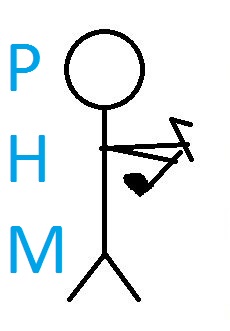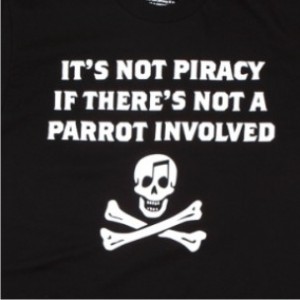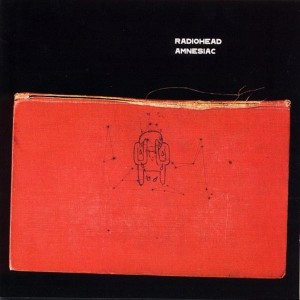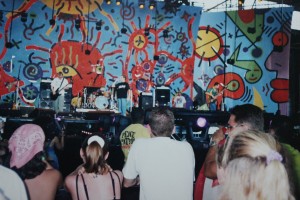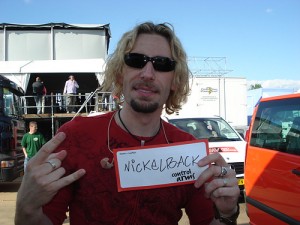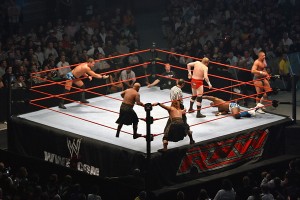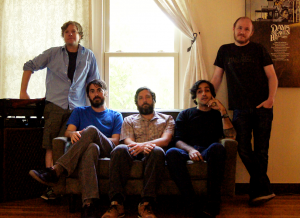Interesting Article on the History of Pitchfork
If you like indie music, chances of you’ve heard of Pitchfork. They are a huge indie website that posts 5 album reviews every day, have spawned their own weekend festival in Chicago, and can make a band’s career. I started reading Pitchfork around 2002, and I honestly don’t remember how I first stumbled onto the page. I was just getting into indie music, and was fascinated how much I did NOT know – how can they post their albums of the year and I barely know 10% of the music? It was the drive to know more and to see what, if anything, I was missing that drew me to the page and kept me there.
Now, the site isn’t for everyone. Their reviews are verbose, snobby, and I often disagree with them. But they have fierce views that they’ll fight to death for, and you have to respect that. Now how did Pitchfork get so big, and so influential? n+1 magazine takes a lengthy look at the history of Pitchfork, by way of indie music’s history, and how it rose to make and kill other band’s careers. Fascinating article and writing. Highlights include:
Discussing Radiohead’s Kid A
“It was a watershed moment for us,” (Ryan) Schreiber (Pitchfork Founder/CEO) later said of the Kid A review (which received a perfect 10.0). “We got linked from all the Radiohead fan sites, which were really big. We got this huge flood of traffic, like five thousand people in a day checking out that one review. We had never seen anything like that. Web boards were talking about our review.” Of course, the review told you little about Radiohead’s music that you couldn’t have heard on your own, but it told you everything about what kind of cultural company Radiohead was meant to keep. This technique became Pitchfork’s signature style.
Reviewing Broken Social Scene
“You just have to hear it for yourself,” Schreiber concluded. “Oh my god, you do. You just really, really do.” Schreiber gave the album a 9.2, and suddenly Broken Social Scene, whose record had essentially disappeared from stores between its 2002 release and Pitchfork’s review, began selling out concerts. The idea that Pitchfork could wield the kind of influence that causes money to circulate—in other words, the kind of influence that still matters, even in our file-sharing times—started to take hold.
Giving the The Dismemberment Plan’s lead singer, Travis Morrison, a 0.0
The record sold terribly as a result, and Morrison’s concerts, when they weren’t empty, became awkward. “I don’t think it occurred to [Pitchfork] that the review could have a catastrophic effect,” Morrison told a reporter. “Up until the day of the review, I’d play a solo show, and people would be like ‘That’s our boy.’ . . . Literally, the view changed overnight.”
